What Does A Camera Uv Filter Do ?
A camera UV filter is a transparent filter that is placed in front of the camera lens to block ultraviolet (UV) light. It helps to reduce the haze and bluish cast that can be caused by UV rays, particularly in outdoor photography. UV filters are primarily used as a protective measure for the camera lens, as they can help prevent scratches, dust, and moisture from reaching the lens surface. Additionally, UV filters can also act as a barrier against potential damage caused by accidental drops or impacts. However, it is important to note that the use of UV filters may slightly affect the overall image quality, particularly in terms of sharpness and contrast.
1、 Reduces ultraviolet light for improved image clarity and sharpness.
A camera UV filter is a transparent glass or resin filter that is placed in front of the camera lens to reduce the amount of ultraviolet (UV) light that reaches the camera sensor. UV light is invisible to the human eye, but it can have a negative impact on photographs, causing haziness, reduced contrast, and a bluish cast.
The primary function of a camera UV filter is to block UV light and improve image clarity and sharpness. By reducing the amount of UV light that enters the camera, the filter helps to eliminate the unwanted effects caused by UV rays. This results in clearer, sharper, and more vibrant images, especially in outdoor photography where UV light is more prevalent.
In addition to its primary function, a camera UV filter also serves as a protective layer for the camera lens. It acts as a barrier against dust, moisture, fingerprints, and scratches, safeguarding the lens from potential damage. This is particularly useful in challenging shooting conditions, such as in sandy or dusty environments, or when shooting near water bodies where moisture can be a concern.
However, it is important to note that the necessity of a camera UV filter has been a topic of debate among photographers. With advancements in lens coatings and digital image processing, the impact of UV light on image quality has become less significant. Some argue that using a UV filter can introduce additional lens flare or reduce image sharpness, especially if a low-quality filter is used.
Ultimately, the decision to use a camera UV filter depends on personal preference and shooting conditions. If shooting in bright outdoor environments or in situations where lens protection is crucial, a high-quality UV filter can still be a valuable accessory. However, for most everyday photography, the use of a UV filter may not be necessary.
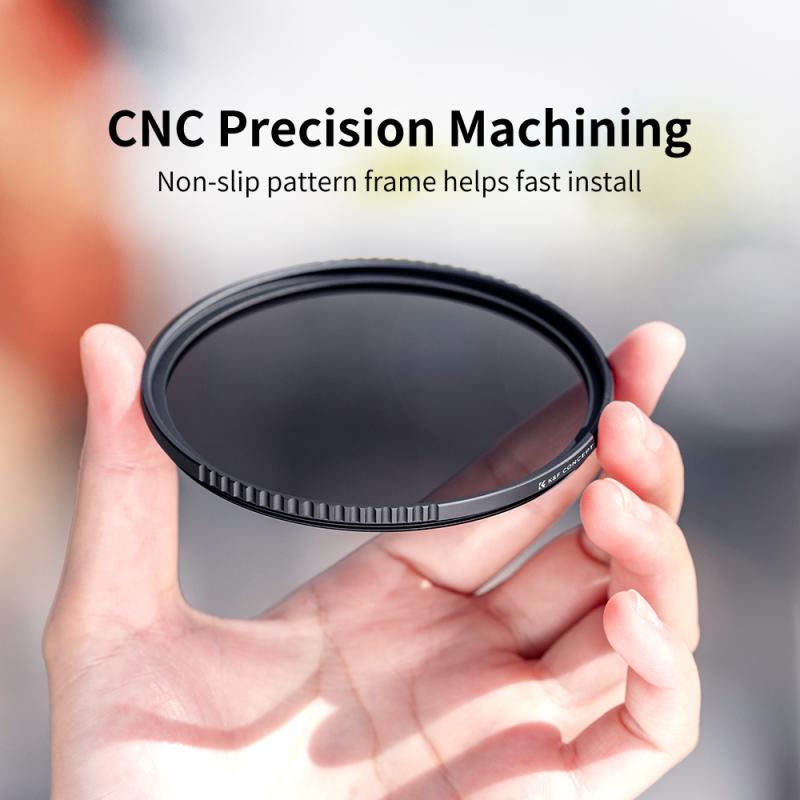
2、 Protects the camera lens from scratches, dust, and moisture.
A camera UV filter is a transparent filter that is placed on the front of a camera lens. Its primary function is to protect the lens from scratches, dust, and moisture. By acting as a physical barrier, the UV filter prevents these elements from directly coming into contact with the lens, thus reducing the risk of damage.
Scratches on a camera lens can significantly impact image quality, causing blurriness or distortion. A UV filter acts as a sacrificial layer, taking the brunt of any potential scratches instead of the lens itself. This is particularly useful in situations where the camera is exposed to rough environments or when shooting in crowded areas where accidental bumps can occur.
Dust and moisture are also common enemies of camera lenses. Dust particles can settle on the lens surface, leading to spots or smudges in the images. Moisture, such as rain or humidity, can cause fogging or even damage the lens internally. The UV filter acts as a shield, preventing these elements from reaching the lens and ensuring clear and crisp images.
In addition to its protective function, a camera UV filter was originally designed to block ultraviolet (UV) light. However, with modern digital cameras, the built-in UV filters in the camera sensors already block most of the UV light, making the UV filter's original purpose less relevant. Nonetheless, some photographers still use UV filters for their protective properties rather than for their UV-blocking capabilities.
It is important to note that while a UV filter provides protection, it can also introduce some drawbacks. The additional layer of glass can potentially reduce image quality by causing lens flare, ghosting, or reducing sharpness. Therefore, it is crucial to invest in high-quality UV filters that are specifically designed to minimize these issues.
In conclusion, a camera UV filter primarily serves to protect the camera lens from scratches, dust, and moisture. While its original purpose of blocking UV light may be less relevant in modern cameras, the protective benefits of a UV filter remain significant. By using a UV filter, photographers can ensure the longevity and optimal performance of their camera lenses.
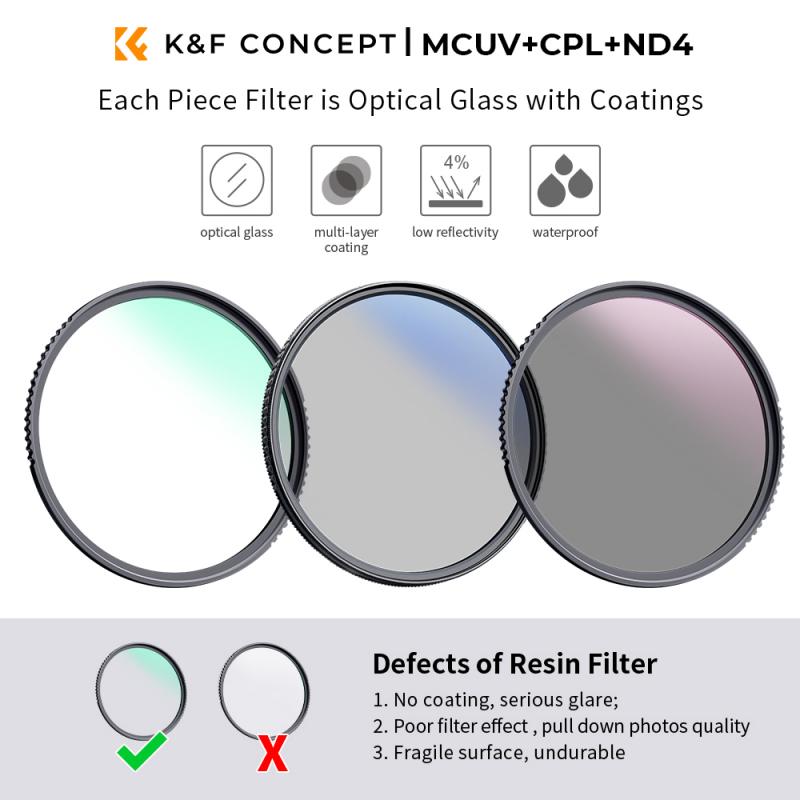
3、 Minimizes haze and atmospheric distortion in outdoor photography.
A camera UV filter is a transparent filter that is placed in front of the camera lens to minimize the effects of ultraviolet (UV) light. UV light is invisible to the human eye but can cause a variety of issues in photography, especially in outdoor settings.
One of the main functions of a camera UV filter is to minimize haze and atmospheric distortion in outdoor photography. When shooting landscapes or distant subjects, the atmosphere can scatter UV light, resulting in a hazy or washed-out appearance. The UV filter helps to block this scattered light, allowing for clearer and more vibrant images. By reducing the amount of UV light that reaches the camera sensor, the filter helps to improve contrast and sharpness in outdoor shots.
In addition to minimizing haze, a camera UV filter also serves as a protective layer for the camera lens. It acts as a barrier against dust, moisture, fingerprints, and scratches, safeguarding the lens from potential damage. This is particularly useful in rugged outdoor environments where the lens is exposed to various elements.
It is worth noting that the necessity of a camera UV filter has been a topic of debate among photographers. With advancements in digital camera technology, many argue that modern camera sensors are already equipped with UV filters, making an additional filter unnecessary. However, some photographers still prefer to use UV filters for the added protection they provide to the lens.
Ultimately, the decision to use a camera UV filter depends on personal preference and shooting conditions. While it may not be essential in all situations, it can be a valuable tool for minimizing haze and protecting the lens in outdoor photography.
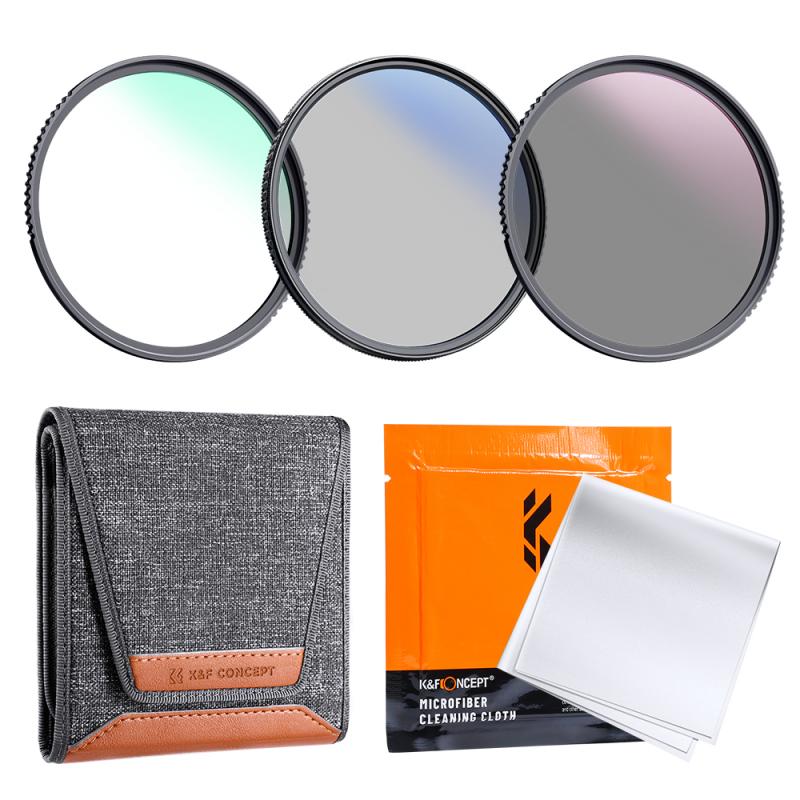
4、 Enhances color saturation and contrast in certain lighting conditions.
A camera UV filter is a transparent filter that is placed in front of the camera lens to block ultraviolet (UV) light. UV light is invisible to the human eye but can cause a hazy or bluish cast in photographs, especially in outdoor settings. The primary purpose of a UV filter is to reduce the amount of UV light that reaches the camera sensor, resulting in clearer and sharper images.
In addition to blocking UV light, a camera UV filter also serves other purposes. One of the main benefits is that it acts as a protective layer for the camera lens. It helps to shield the lens from dust, moisture, fingerprints, and scratches, which can potentially damage the lens. This is particularly useful in outdoor photography where the lens is exposed to various elements.
Furthermore, a camera UV filter can enhance color saturation and contrast in certain lighting conditions. It can help to reduce the effects of atmospheric haze and improve the overall clarity of the image. By filtering out UV light, the filter allows the camera to capture more accurate and vibrant colors, especially in landscapes and outdoor scenes.
However, it is important to note that the impact of a UV filter on image quality is subjective and can vary depending on the specific camera and lens combination. Some photographers argue that modern digital cameras already have built-in UV filters and therefore using an additional filter may not make a significant difference. Others believe that a UV filter can still provide some benefits, particularly in terms of lens protection.
Ultimately, the decision to use a camera UV filter depends on personal preference and shooting conditions. It is advisable to experiment with and without the filter to determine its impact on image quality and choose accordingly.
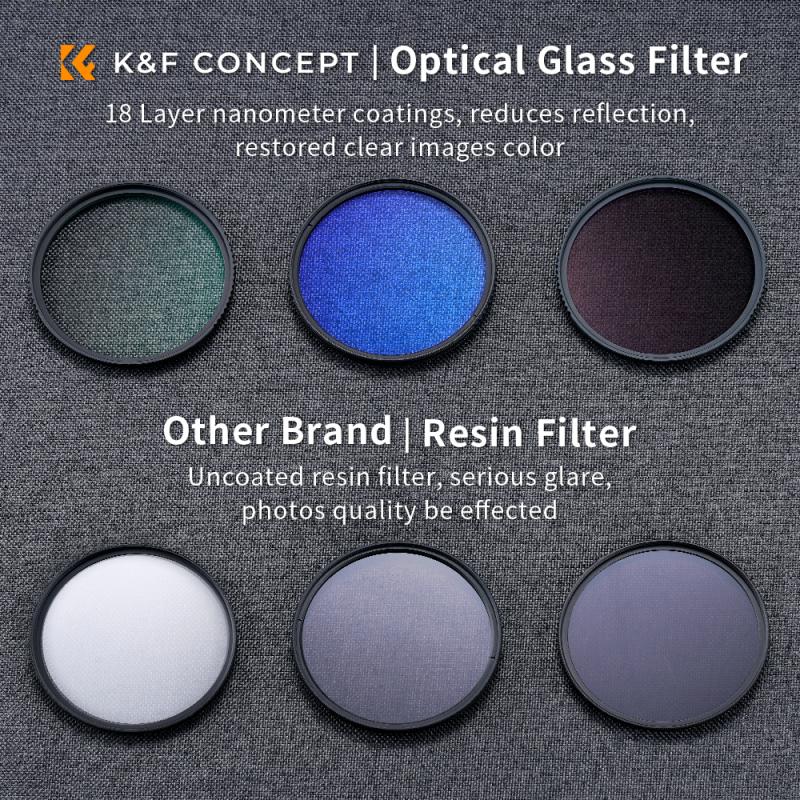

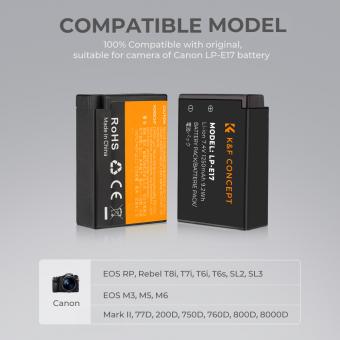

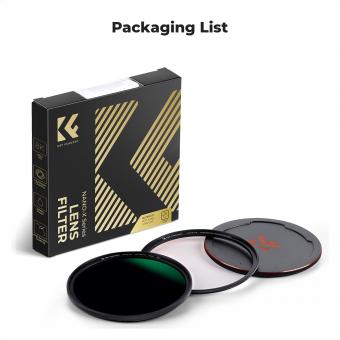
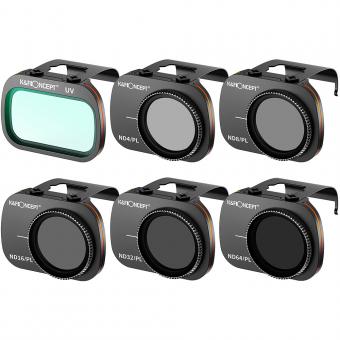


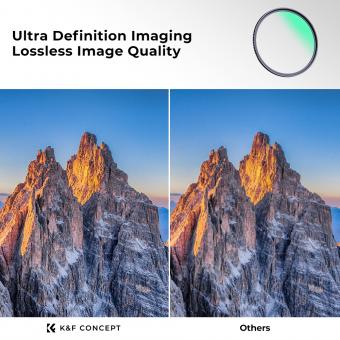
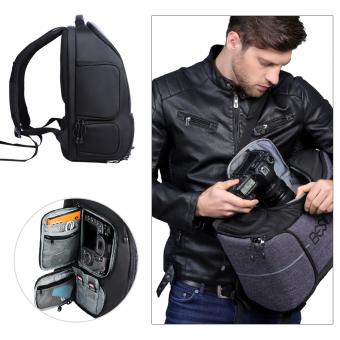

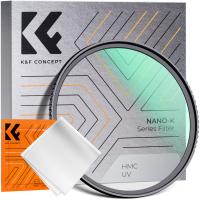
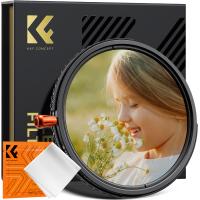

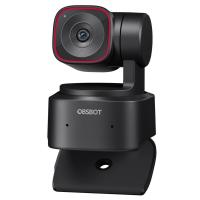
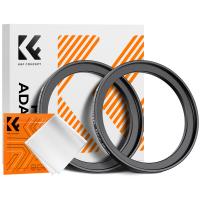
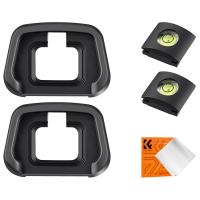
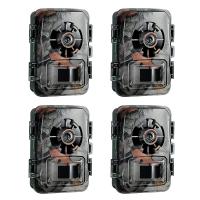
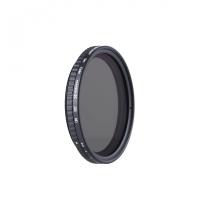
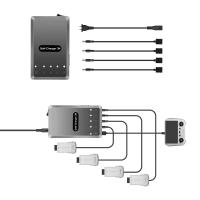
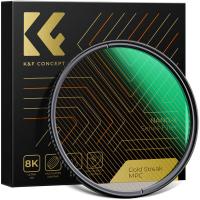
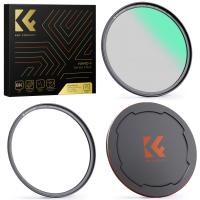

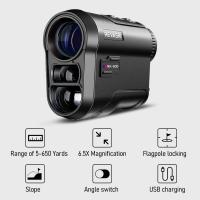
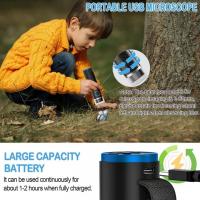

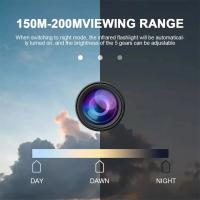
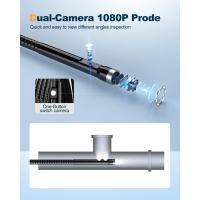
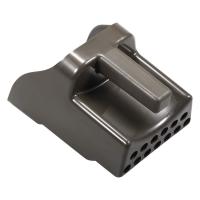
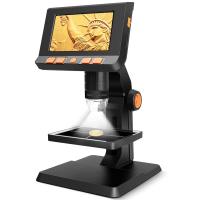
There are no comments for this blog.